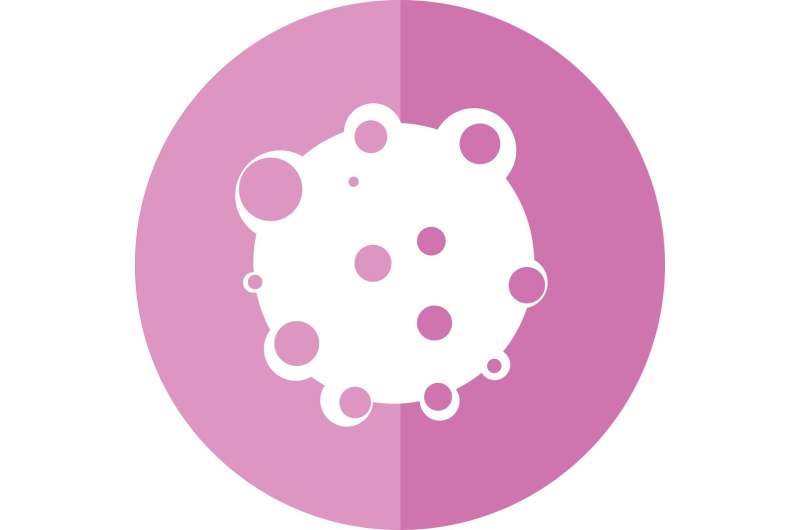Reduced-dose RT with Cisplatin improves outcomes for HPV-associated oropharyngeal carcinoma

A combination of reduced-dose radiotherapy using intensity-modulated radiotherapy (IMRT) combined with concurrent cisplatin met the threshold for disease control and quality of life compared to the standard of care for good-risk patients with HPV-associated oropharyngeal squamous cell carcinoma on the NRG Oncology clinical trial NRG-HN002. The outcomes from this data justify the advancement of the reduced radiotherapy dose with cisplatin to a Phase III clinical trial setting in this population. These results were recently published in the Journal of Clinical Oncology.
"Currently, patients with HPV-associated oropharyngeal cancer are treated with 70 Gy of radiotherapy with concurrent platinum chemotherapy, but this treatment is typically associated with severe short-and long-term toxicities. NRG-HN002 was designed as a Phase II trial assessing a treatment approach using a reduced radiotherapy dose with or without cisplatin based on preclinical data and data from single-arm studies to see if this produced good outcomes for this patient population," stated Sue S. Yom, MD, of the University of California, San Francisco, and the lead author of the NRG-HN002 manuscript.
NRG-HN002 randomly assigned 306 eligible patients to either the experimental arm of 60 Gy of IMRT for 6 weeks with concurrent weekly cisplatin (IMRT+C) or the control arm of 60 Gy of IMRT for five weeks. In order to establish acceptability as compared to the standard of care, at least one arm had to achieve a 2-year progression-free survival (PFS) rate above the historical control rate of 85% as well as a 1-year mean composite score of 60 or greater based on the MD Anderson Dysphagia Inventory (MDADI).
Data indicated that the IMRT+C arm yielded a 2-year PFS rate of 90.5% (p=0.04, rejecting the null hypothesis of 2-year PFS ≤ 85%) compared to 87.3% (p=0.23) in the IMRT alone arm. 1-year mean MDADI scores were 85.30 for the IMRT+C arm versus 81.76 for the IMRT alone arm. 2-year overall survival rates were 96.7% and 97.3% for the IMRT+C and the IMRT alone arms, respectively. While more grade 3-4 acute toxicities were discovered for the IMRT+C arm (79.6% vs. 52.4%; p<0.001), rates of grade 3-4 late toxicities were similar (21.3% vs. 18.1%; p=0.56).
"Our next step is a Phase II-III trial in which we intend to compare disease control rates using reduced-dose radiation with cisplatin or nivolumab against the standard of care," added Dr. Yom.
More information: Sue S. Yom et al, Reduced-Dose Radiation Therapy for HPV-Associated Oropharyngeal Carcinoma (NRG Oncology HN002), Journal of Clinical Oncology (2021). DOI: 10.1200/JCO.20.03128


















